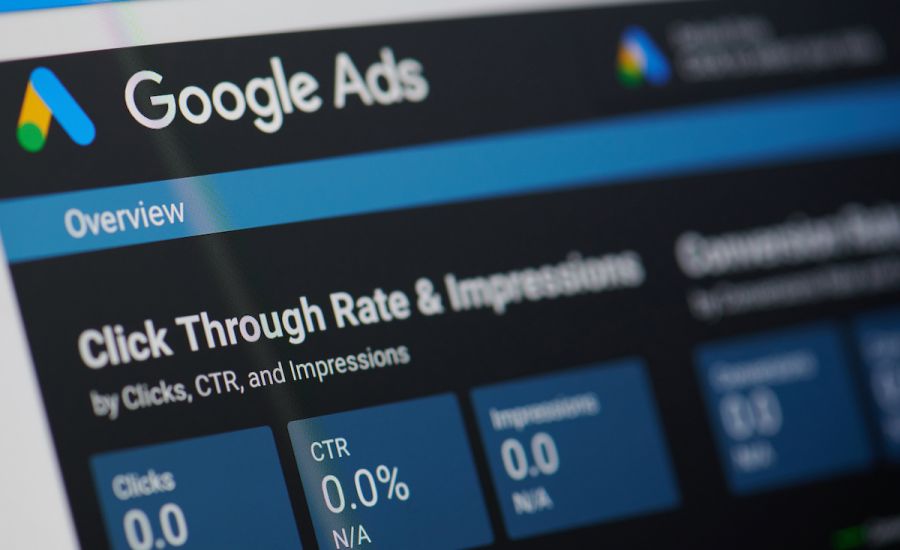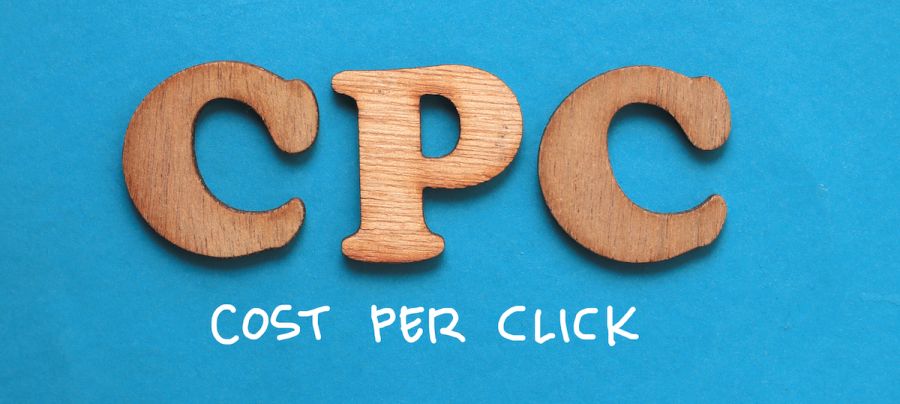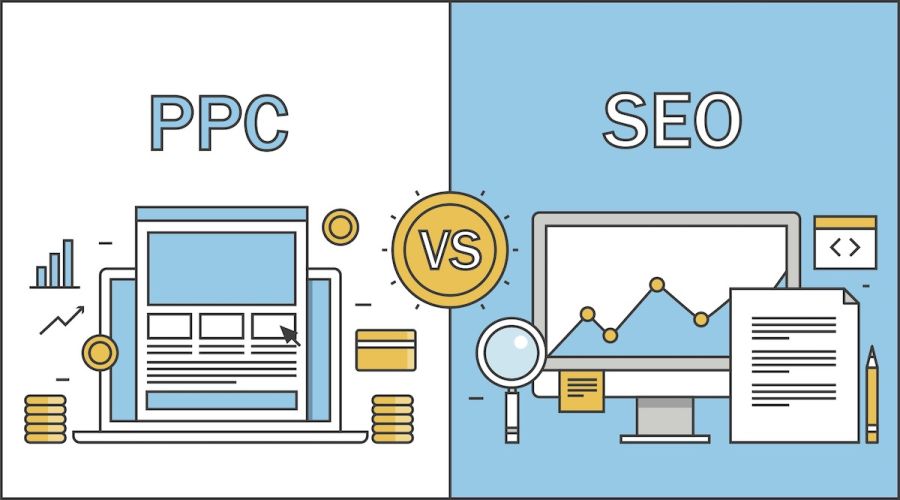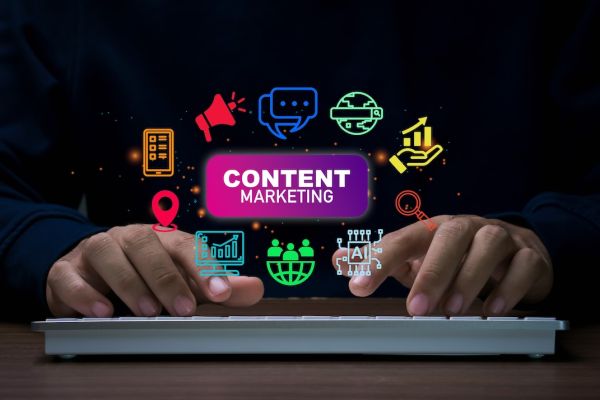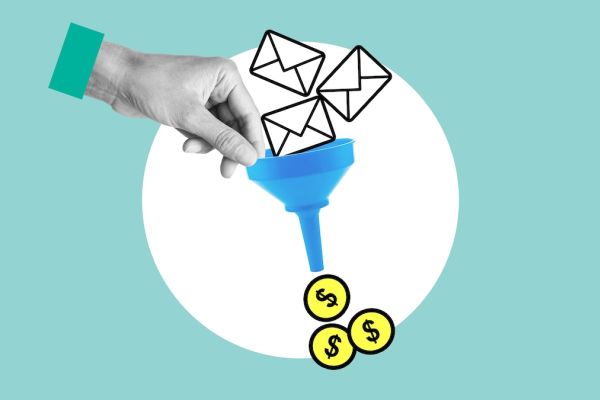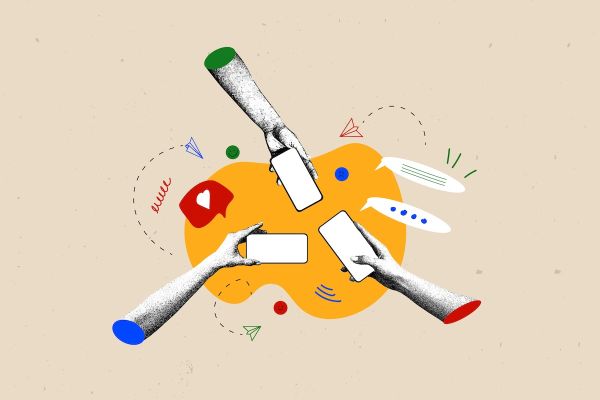PPC is - Pay per Click
28 February 2023
Defining the meaning of PPC is simple: a link between supply and demand. It does nothing more than provide both parties with what they want, thanks to precise targeting based on the right keywords: clicks for advertisers and relevant content for searchers. It is no coincidence that it is one of the most popular tools in the digital marketing arsenal today. Let's see what you need to know about it!
The meaning and purpose of PPC
The term PPC is short for Pay Per Click, which has become one of the most important terms in the marketing profession. It is essentially a paid advertisement running in the online space, which can be placed by the advertiser on various platforms.
It is click-based, which means that it operates the following way: once placed, the advertiser has to pay a predetermined amount to the advertising platform for the clicks that are made. This method is very effective when it comes to boosting the traffic of a website, to collect visitors.
PPC is one of the most popular forms of pricing in online advertising. It is used by Google, Yahoo! and social media platforms such as Facebook and LinkedIn. The most popular is Google Ads (formerly Google AdWords), with Google AdSense as the specialised platform for placing ads.
In a PPC campaign, advertisers bid for the best ad spots, starting with the advertiser setting which terms they want to bid on and how much they are willing to pay. The winner of the digital keyword war will be the one who appears at the top of the search page or in the most visible position in the paid results. The outcome of the bidding is determined not only by the maximum CPC (cost per click) but also by a number of other factors, such as the quality and relevance of the ad. Based on these factors, among others, each bidder is evaluated separately by the algorithm, thus deciding the outcome of the bid.
In addition, two other very important factors influence the costs. The first is the competitiveness of the keyword, i.e. the more people want to bid for a keyword, the more bids are received, the higher the minimum bid price will be.
The other important factor is position. Experience has shown that the ads on the top half of the page on a website are the most popular, and the ones on the first page of a search engine page get the most clicks. Logically, the better placed an ad is, the higher the initial bid.
The success of the campaigns is also reflected in the CPC, i.e. the amount paid per click.
This can vary greatly from industry to industry and is also influenced by the level of competition for the keywords. Put simply, one of the most important characteristics of an effective campaign is that the CPC remains optimal while generating conversions (purchases, contacts, downloads, etc.). This allows you to get a return on the amount invested in advertising.
PPC is one of the most popular tools in online marketing today. One of the reasons is that it is a cost-effective way to advertise and has excellent reach to people who are relevant to your business. After a short approval process, the ad can be displayed and the clicks start coming in. This means that with a well-constructed campaign and a good website, you can achieve very nice results, and relatively quickly.
But when looking at the big picture, it is not just the result that is important, but also the process. In the case of PPC, speed also applies to creation, because for those who know the process, it only takes a few clicks to launch an ad campaign.
The speed of PPC is a real asset! If you look at the whole range of marketing tools, there are few that can produce such good numbers at such speed. Think of content SEO or even link building, which are all great tools, but take time to make an impact.
Staying with SEO, it is worth mentioning that the best results are achieved when SEO and PPC exist in synergy and support each other. While the former is at the forefront of long-term traffic generation, the latter is a tool for fast traffic generation.
PPC is two-faced, as speed is both a blessing and a curse. A lot of money can be burned in a very short time by incompetent hands. You should remember that not all clicks ultimately result in a purchase, so if something goes wrong, it is easy to end up paying for clicks that are actually useless.
Creating a PPC ad requires complex knowledge. On the one hand, you need to know which keywords are the most relevant, the ones that most people are searching for among those who might be interested in the product/service you are offering.
It is also important that the various textual content, the ad copy and the landing page of the ad itself are well-written, engaging and written in the language of the target audience. If this is in place, there is a better chance of conversion.
It is also important to be aware that it is not enough to send ads on their ways just once. If you want to achieve really high click-throughs and conversions, you need to monitor the results constantly. These can be used to decide whether to fine-tune or, if an ad is a blind spot, to stop it.
Ad managers such as Google Ads, Facebook, Linkedin, or TikTok Ads allow PPC to match supply and demand quickly and easily. PPC's role is to drive prospects to landing pages and increase the number of leads.
Tell us what your goals are, and we'll help you figure out how advertising services and PPC can help you achieve them!













